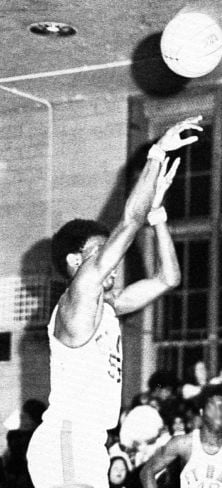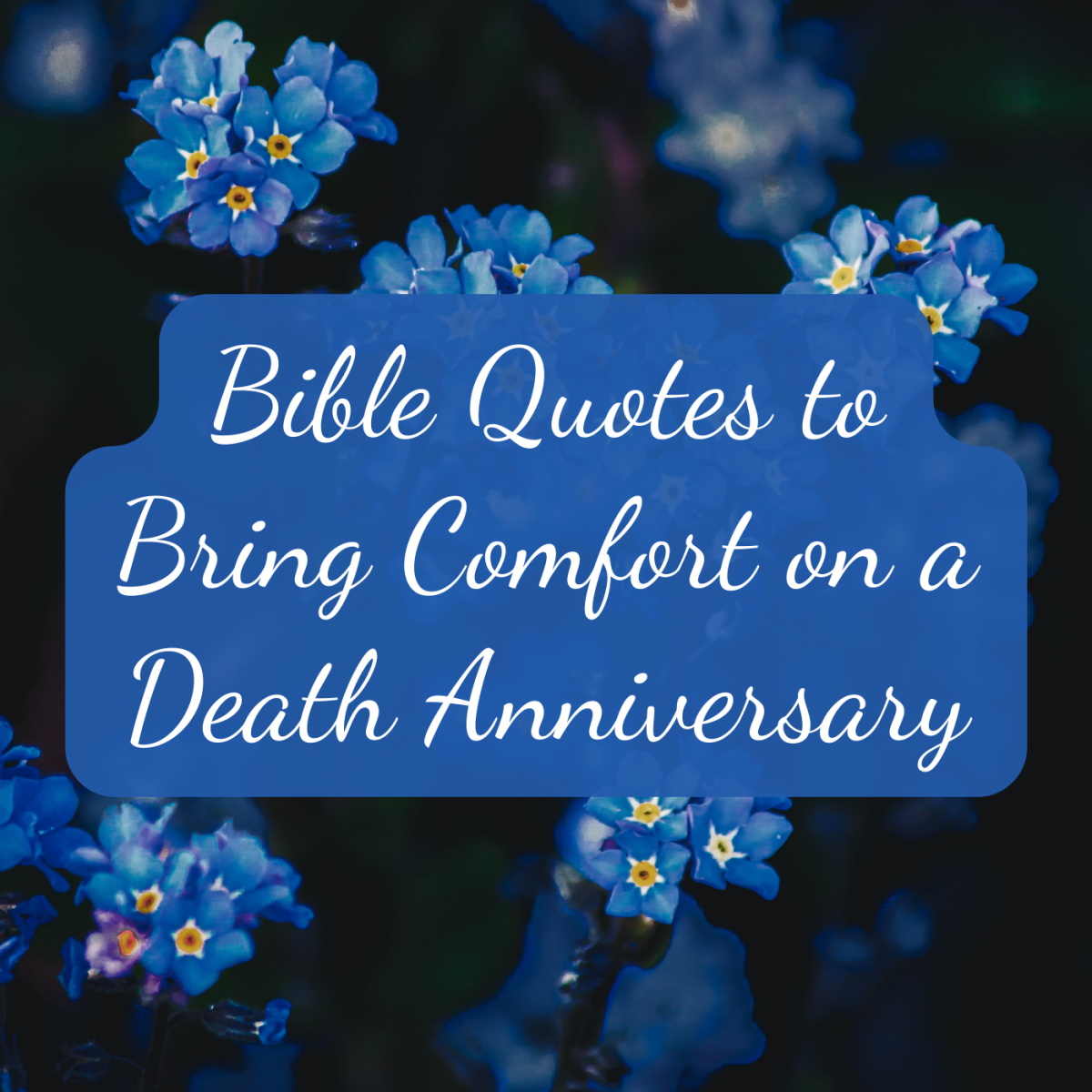Grieving His Death: A Bereavement Soliloquy

About the soliloquy
The soliloquy is an unusual genre in modern literature. This one was written by my daughter, reflecting on an experience that occurred when she was sixteen. I have her permission to publish it. The young man’s name has been changed.
Neither the term author nor speaker seem adequate for one addressing an imaginary listener that does not interact, so I use the term soliloquist. The soliloquist’s thoughts reveal the inner anguish of an experience that occurred at boarding school two years prior.
There is a scene change for the final three paragraphs. Two years have elapsed; the grieving process has matured. The morbid soliloquist has found strength and comfort through an eternal perspective that transcends death.
In the final paragraph, the voice changes from singular to plural. The soliloquist moves beyond the particular incident to weave it into her philosophy of life. The tension is resolved as she presents her moral conclusion.
Monologues vs soliloquies
- Dramatic monologue: What is it and how do you write it?
This guide explains what dramatic monologues are and how to write a dramatic monologue.


Death: A Soliloquy in Grief Minor
It’s late at night and my thoughts are contemplative. I am reminded of death—that ominous presence lurking in the shadows of the trees behind us. We try to ignore it, to push it away and not think about it.
His name was Spencer. He was playing basketball and suddenly couldn’t breathe. He sat down and then toppled flat on his back. He had been diagnosed with a heart problem years ago, but the doctors said it wasn’t fatal. What do they know? Nothing medical can be absolute. What is undeniable is that he died there on the gym floor that night.
His body was like an old rag doll with its stuffing matted down. When they moved him, it was like watching a perfectly-made manikin. No flush of life-giving blood colored his countenance. His face was ashen; it wasn’t a face anymore. His eyes were like glass; I looked into them and saw nothing inside. They stared straight ahead into oblivion, unblinking, unknowing, seeing nothing. There was only a shell—a limp, gray, lifeless shell left to decay.
He had gone away; he wasn’t there anymore. They tried so hard to find him, searching to see if they could pull him away from death’s door—the door to darkness from which no one can be retrieved. Past that door there are two others, one to eternal damnation, the other to eternal peace and joy.
They took him to the hospital. For an hour they tried to bring him back. Frantically, they shocked his empty shell, praying, hoping against hope that God would lay His finger upon him. Finally, they faced defeat. They lost him to the black hole of death. He was gone—in the blink of an eye. A young man of seventeen with so much potential. A young man who truly loved God more than anything. A young man who loved others more than himself. No wonder God wanted to take him home.
Tears ran down my face. Vines of dread twisted ’round my soul, my heart and my throat, choking me, threatening to bring me, also, to death’s door. I prayed and prayed that God would give Spencer back to us. I wept dark tears and felt the coldness of fear steal into me.

They called from the hospital and relayed the worst news imaginable. He was dead—DEAD! When I was told, I stopped breathing. I yelled, “No, no! It can’t be true! There’s got to be a mistake!”
Heart-wrenching sobs escaped, breaking the chains that held them in check, shaking me like an old man’s hand as he holds a cup. I clenched my hands tightly into fists, not caring that I strained my muscles or cut into my palms with sharp nails. I stumbled woodenly through the darkness as a continuous stream of tears ran down my face, gushing from the ocean inside.
I entered the doorway of my dorm, into the living room. They were there, silent, staring meaninglessly at objects around the room. With one last ripple of dead hope, I said in a voice strangled by the insufferable vine of black doom, “He’s not dead, is he?” My face contorted into a mask of agony and despair, pleading with them to tell me it wasn’t true. But they said, “Yes, he’s dead.”
Like an erupting volcano, words spewed from deep within and I cried out, “No, no, no! It can’t be true! He can’t be dead!” My voice came out like crunching gravel. My throat burned and I emitted dry sobs as I ran up the stairs, down the hall and into my room. I crashed face-first onto my bed and turned my head toward the wall. Again, the ocean inside me grew too full and performed a dance down my cheeks. My pillow became wet, but I never noticed. A searing-hot fireplace poker stabbed deep into my heart. Poison pulsed along every nerve, keeping time with my racing heartbeat.
My dorm mom came in after me. I wished she’d leave me alone! He died! How could he have died? Why wasn’t anyone else overwrought with grief? Didn’t they understand the magnitude of this? I hadn’t even known him and yet mourned as though he were a very close friend. He was too young to die, too young, too young!!


And now, two years later, I am still here. I could be taken at any time. God has been so good to me. He’s been there watching me live the life He gave me. He’s been there to comfort me, there to give me strength, to teach me, to bring me to the other end of the valley of darkness. I love Him so much! I love Him more than anything in this dirty, filthy, vile world.
Then I thought, “Lord, I wouldn’t mind it if you took me home to heaven now. I really wouldn’t mind. In fact, I’d come with joy—if it weren’t for the tangible pain of physical death. I really wouldn’t be afraid of dying if there wasn’t much pain and if those I left behind wouldn’t be hurt by my death.”

This world is filled with trial upon trial. God gives us time to recover from one hurdle. But as soon as we have, He allows us to be thrown into another boiling cauldron of turmoil. The only way we will overcome is by drawing on God’s strength, so that we will be able to persevere and endure through everything that comes our way in this life on earth. We must have faith and trust in Him. The only way to continue running in this race is to wholeheartedly believe in God’s will, to give all that we are and all that we have to Him—to let Him use us as He sees fit and to realize in full that whatever happens to us will turn out for eternal good in the end. We must not be afraid to die. It can happen at any time. No one but God knows when or how we will die.


What is a Soliloquy? How much do you know about Soliloquies?
view quiz statistics










